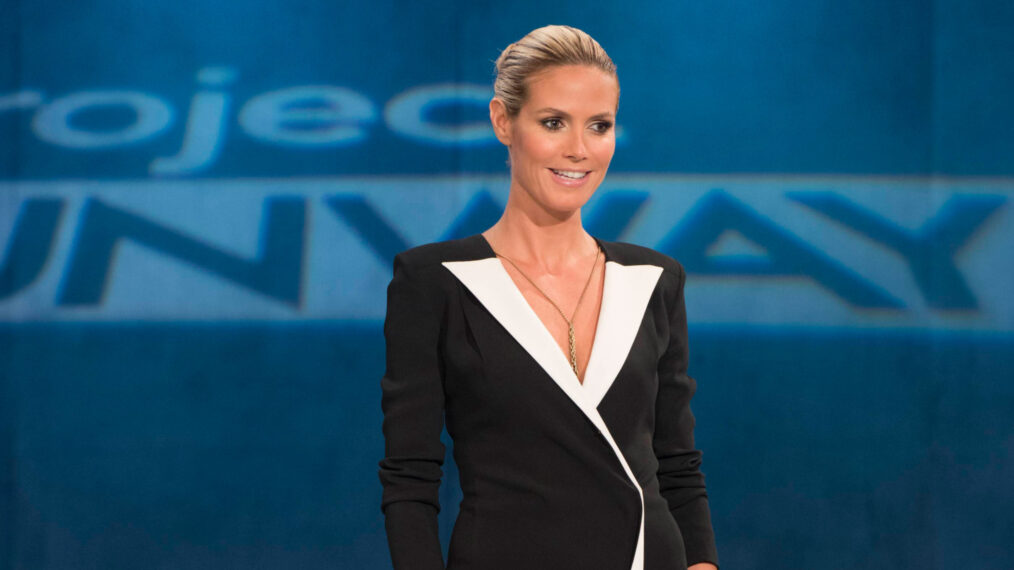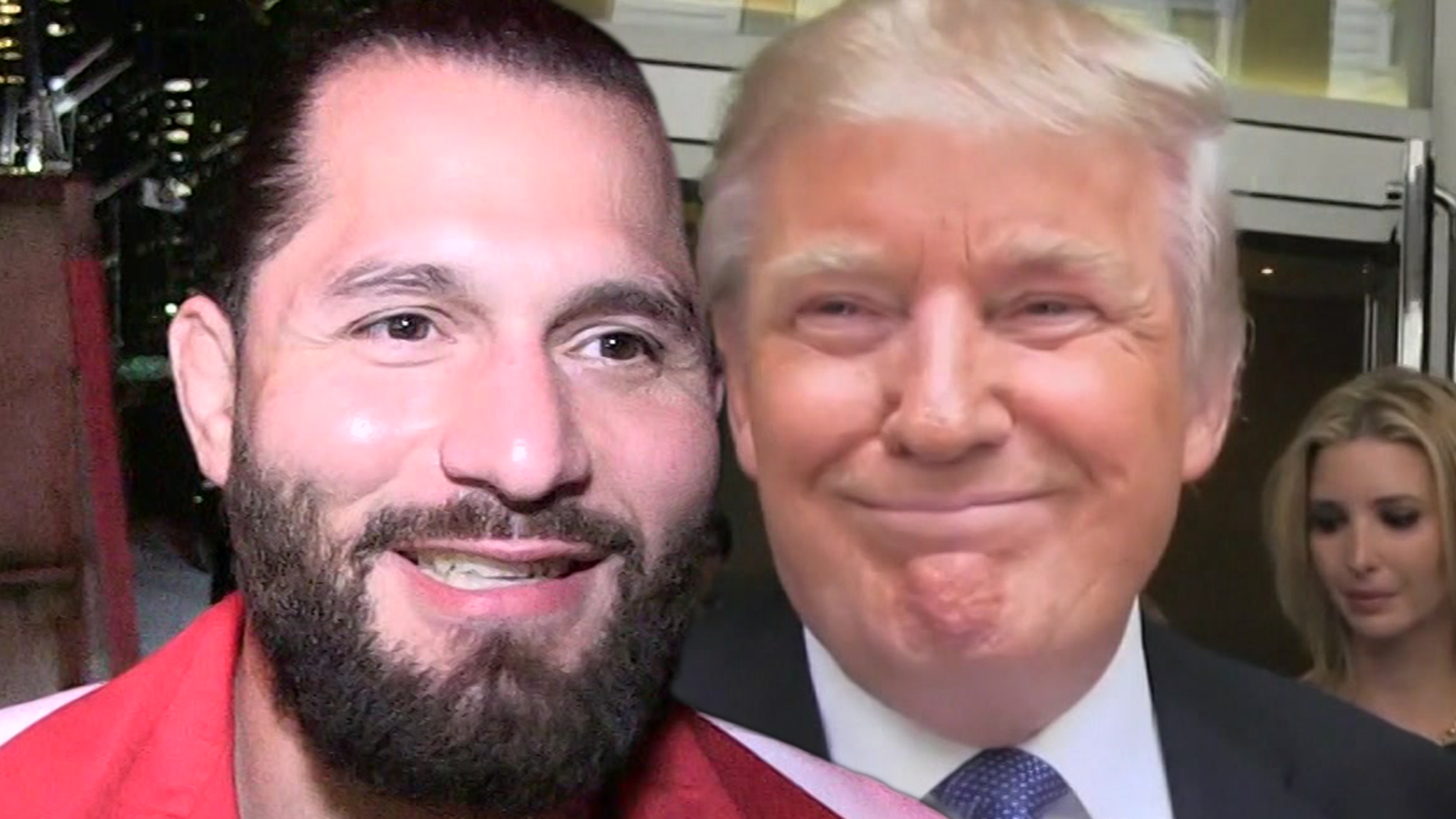Unlock the Editor’s Digest for free
Roula Khalaf, Editor of the FT, selects her favourite stories in this weekly newsletter.
Steve Scalise has withdrawn from the race to become Speaker of the House of Representatives, in a surprise move that underscores the chronic dysfunction in the Republican party and raises fresh doubts about lawmakers’ ability to elect a leader for the lower chamber of Congress.
Scalise, a representative from Louisiana and the House majority leader, won the party’s nomination in a closed-door meeting on Wednesday, defeating Ohio congressman Jim Jordan 113-99 in a secret ballot.
But just over 24 hours later, Scalise announced he was withdrawing his candidacy, after he failed to shore up support from enough fellow Republicans to win a vote on the floor of the House.
The announcement raised further questions about whether Republicans will be able to coalesce around a new Speaker, after the dramatic ousting of Kevin McCarthy last week plunged Congress into a state of disarray.
“It’s been quite a journey, and there is still a long way to go,” Scalise told reporters at the US Capitol on Thursday night, after breaking the news to his Republican colleagues in a closed-door meeting.
“There are still some people that have their own agendas, and I was very clear: we have to have everybody put their agendas on the side and focus on what this country needs,” he added.
“This country is counting on us to come back together. This House of Representatives needs a Speaker, and we need to open up the House again.”
Scalise’s withdrawal from the race marks the latest twist in a dramatic week and a half on Capitol Hill. Last Tuesday, the House voted to remove McCarthy as Speaker, after Florida congressman Matt Gaetz led a rebellion of eight members to unseat McCarthy from the speakership.
“There are some folks that really need to look in the mirror over the next couple of days and decide: are we going to get it back on track? Or are they going to try to pursue their own agenda?” Scalise told reporters. “You can’t do both.”
Earlier on Thursday, McCarthy cast doubt on Scalise’s ability to unite House Republicans, telling reporters: “Time is of the essence. There is not that much time left.”
McCarthy has not formally endorsed a successor. But several of his allies had rallied around Jordan’s candidacy in recent days. It remained unclear on Thursday night whether Jordan would once again pursue the speakership.
The election of the House Speaker requires a simple majority in the House. But because Republicans control the chamber by a razor-thin margin, and Democrats have shown no willingness to support a Republican candidate, any Republican candidate cannot afford to lose the support of more than a handful of their colleagues.
The latest impasse has consequences for American political leadership, given the House cannot legislate without a Speaker — a situation that threatens future US funding for Ukraine or support for Israel as it responds to last weekend’s attack by Hamas.
Washington also faces the possibility of another government shutdown in just over a month, with a short-term deal struck last month between McCarthy and Democrats due to expire in mid-November. If a funding agreement cannot be reached in time, millions of federal workers could be furloughed and all but essential government services would be halted.
Jordan’s failure to defeat Scalise earlier this week came even after he received the endorsement of Donald Trump, the former president and frontrunner for the party’s nomination for president in 2024.
Trump waded into the Speaker contest again earlier on Thursday, telling Fox News in a radio interview that while he liked “both of them very much”, he had concerns about Scalise’s health.
The Louisiana congressman is undergoing treatment for blood cancer and six years ago was almost killed after being shot by a leftwing activist at a congressional baseball game.
“He’s got a very serious form of cancer. And, you know, most importantly, I want Steve to get well, I just don’t know how you can do the job when you have — that’s a serious problem,” Trump said.


























































![Mason Ramsey – Twang [Official Music Video] Mason Ramsey – Twang [Official Music Video]](https://i.ytimg.com/vi/xwe8F_AhLY0/maxresdefault.jpg)







:quality(85):upscale()/2023/10/12/995/n/1922564/ca48533a652878d2038cb1.00208708_.jpg)












